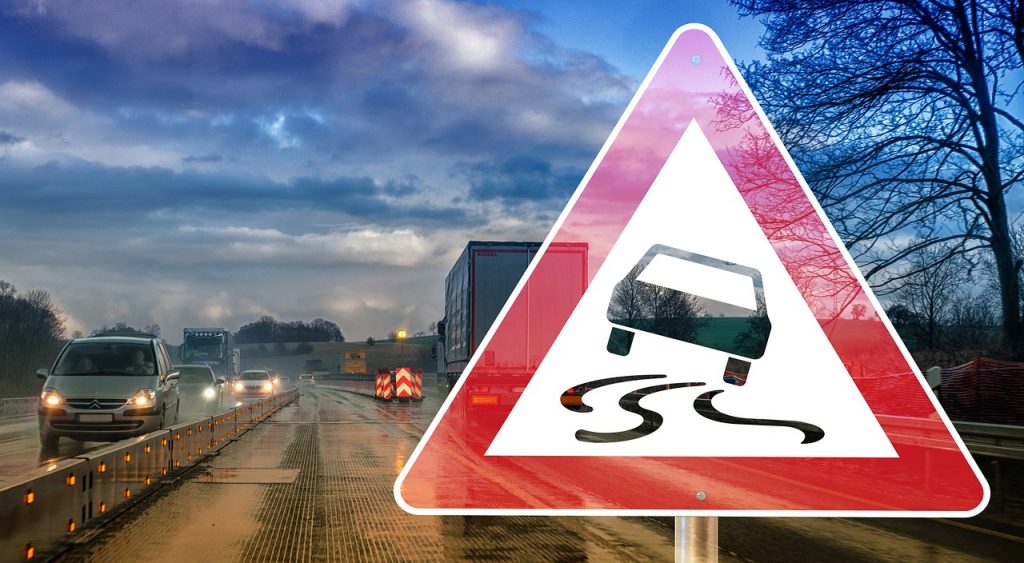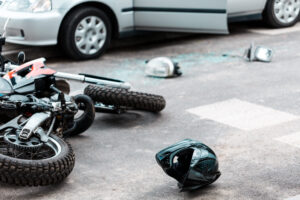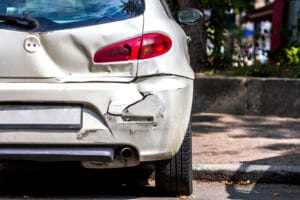Most Americans have to hit the road from time to time, if not every single day. Even though fewer Americans are commuting by car these days, a full 83 percent of us still do! And then there are the many people who use cars on their own property and to get around for social reasons and other obligations. In the United States, cars are a way of life.
But that can be dangerous. Like it or not, the road is one of the most deadly places that most of us end up on a regular basis. Protecting yourself and your passengers means knowing how to drive as safely as possible — as well as knowing what to do should the worst happen.
How to stay safe on the road
Staying safe while driving is something that we all want to do. Yet many of us fail to take the proper steps to maximize our safety on the road. Sure, we know that we should obey traffic laws and never drink or drive — but how often do we drive while distracted by the radio or what we’re eating? How often do we drive a little more aggressively because we’re running late?
To be as safe as possible, you should practice defensive driving, which means more than just driving safely. In addition to obeying traffic laws and being responsible in your driving, you should expect as little as possible from other drivers. Don’t assume that others will obey the laws and drive safely, and be ready to react to their poor decisions. Give yourself plenty of space, use your blinker, and do everything else that you can to avoid the bad decisions of others.
It’s also crucial to avoid driving when you are in any way prevented from driving well. Drunk driving is a tragic mistake, but it’s not the only example here! You can also land yourself in serious trouble by eating while driving or by driving while tired.
Make sure your car is in great shape, too. Even if you drive well, a lousy car can put you in danger! Keep up with maintenance, explain experts who offer automotive and diesel certifications, to ensure that your car responds properly to your input. And choose a safe vehicle so that you are as protected as possible in the event of a crash!
What to do if you are in a crash
Unfortunately, no amount of careful driving and safety measures can completely eliminate the threat of a car accident. Other drivers can still cause accidents with their negligence, and even defensive driving can’t keep you safe in every case. That’s why you need to know what to do in the event of a crash.
If you are involved in an accident, start by evaluating your own health and safety, and then check in with others. Call the authorities if anyone is hurt — and, if not, consider calling them anyway! Many states, including California, New York, and other populous ones, have laws requiring motorists to notify police of any accident that injures people or results in a certain dollar amount of property damage. The dollar amount in most statutes is relatively small, meaning even fender-benders are often required by law to be reported.
If you are hurt in a car accident, the consequences can be serious. You could end up in pain and in the hospital. You could be saddled with medical bills, which may be even harder to pay in the event that you are unable to work due to your injury or a disability caused by the accident. In these cases, it’s crucial for you to consider all options — including legal ones.
A car accident and an injury alone won’t be enough for you to sue successfully, explain expert Orange County personal injury lawyers at one of California’s most trusted firms. In California and beyond, states require personal injury lawsuits to show negligence on the part of the party being sued. If the accident that hurt you was someone else’s fault, then you might have a case.
So what should you do if you think you might want to sue? You should turn to a trusted and licensed local attorney who specializes in cases like yours. Only an attorney can give you legal advice (and this article is not legal advice), so make an appointment for an initial consultation and show up ready to explain your circumstances. From there, the attorney will tell you more about your options.





